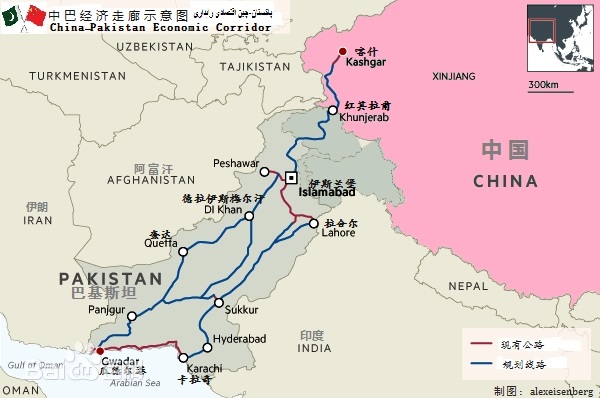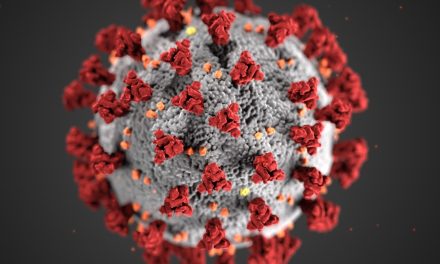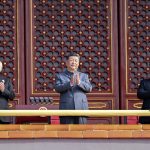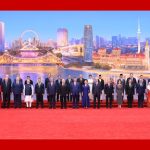By Jeanette Tong, Executive Director of Citizen Power Initiatives for China
Balochistan, the largest and resource-rich province of Pakistan, has long been a site of grave human rights violations. The Baloch people have faced brutal state repression, marginalization, and exploitation since the province was forcibly annexed by Pakistan in 1948. Over the years, successive Pakistani governments have failed to address the legitimate grievances of the Baloch, opting instead to empower security forces at the cost of civilian lives and liberties. As documented by independent sources, from January to June 2024 alone, there were 306 enforced disappearances and 205 killings in Balochistan. In July, 31 more lives were lost, and 76 people were disappeared. This ongoing violence, coupled with the suppression of peaceful protests, the exploitation of Baloch resources, and an alarming rise in disinformation campaigns against activists, has progressively alienated the Baloch population from the Pakistani state.
It is time for the international community, particularly the United States and the European Union, to move beyond condemnation and take concrete actions to address these human rights violations. Here are some policy suggestions for the US and EU in dealing with the Balochistan crisis:
1. Demand Transparency and Accountability for Enforced Disappearances
The issue of enforced disappearances is one of the gravest human rights abuses in Balochistan. The Pakistan Commission of Inquiry on Enforced Disappearances (COIED) has done little to bring the culprits to justice. The US and EU should exert diplomatic pressure on Pakistan to initiate transparent investigations into these cases, hold security forces accountable, and provide compensation and closure to victims’ families. Imposing targeted sanctions, such as visa bans and asset freezes, on Pakistani officials involved in these abuses could serve as an effective deterrent.
2. Support Independent International Investigations
Given the failure of Pakistani institutions to address human rights abuses in Balochistan, the US and EU should call for independent international investigations. These could be conducted by the United Nations or other international human rights organizations to document the atrocities committed against the Baloch people. Such investigations would not only raise awareness but also provide a basis for holding Pakistan accountable in international forums like the UN Human Rights Council.
3. Leverage Trade and Aid Conditionality
The US and EU can use their economic leverage to push for reforms. Both have significant trade relations with Pakistan and provide development aid. Conditioning this economic assistance on improvements in human rights—specifically in Balochistan—would pressure the Pakistani government to reconsider its brutal policies. The US could also review its military aid to Pakistan, which has been complicit in the violence, to ensure it is not used to further the repression of the Baloch.
4. Address Exploitation of Baloch Resources
The exploitation of Balochistan’s natural resources, with no corresponding benefit to the local population, is a major source of Baloch resentment. Pakistan, in collaboration with China through the China-Pakistan Economic Corridor (CPEC), has continued to extract these resources, while the Baloch see little to no return on these investments. The US and EU should advocate for the fair and equitable distribution of revenue from Balochistan’s resources. This could include supporting mechanisms that ensure resource wealth is used to develop the region and improve the quality of life for its inhabitants.
5. Address the Role of China in Balochistan
China’s involvement in Balochistan, particularly through CPEC, has added a new dimension to the conflict. Many Baloch perceive the project as a form of neo-colonialism, designed to displace the local population while settling outsiders, including Chinese nationals. The US and EU must raise concerns about China’s role in exacerbating Balochistan’s problems and encourage transparency in CPEC projects. Additionally, these projects must ensure the inclusion and protection of Baloch rights, including land ownership, environmental safeguards, and fair employment practices.
6. Champion Freedom of Expression and Access to Information
Pakistan has imposed severe restrictions on freedom of expression in Balochistan, including censorship of the media and communication blackouts. This suppression prevents the international community from fully understanding the extent of the abuses occurring in the region. The US and EU should push Pakistan to lift these restrictions and allow for the free flow of information, particularly through social media and independent journalism. In the interim, the US and EU can support Baloch diaspora groups and human rights organizations in amplifying the voices of Baloch activists.
7. Promote Dialogue and Conflict Resolution
The ongoing militarization of Balochistan and the state’s refusal to engage in genuine dialogue has fueled the conflict. The US and EU can play a crucial role in facilitating negotiations between the Pakistani government and Baloch representatives. A peace process that addresses the political, social, and economic grievances of the Baloch people, while respecting their autonomy and cultural identity, is essential to resolving the crisis.
The situation in Balochistan is a glaring human rights catastrophe that has persisted for far too long. The Baloch people’s demands for justice, autonomy, and a fair share of their resources are legitimate and must be addressed. The US and EU, as global champions of human rights, have a moral obligation to take a stand against the violence and exploitation in Balochistan. Through diplomatic pressure, targeted sanctions, independent investigations, and support for genuine dialogue, the international community can help pave the way for a more just and peaceful resolution to the Balochistan crisis. By actively supporting the rights of the Baloch people, the US and EU can not only foster peace in the region but also demonstrate their commitment to protecting human rights on a global scale.























